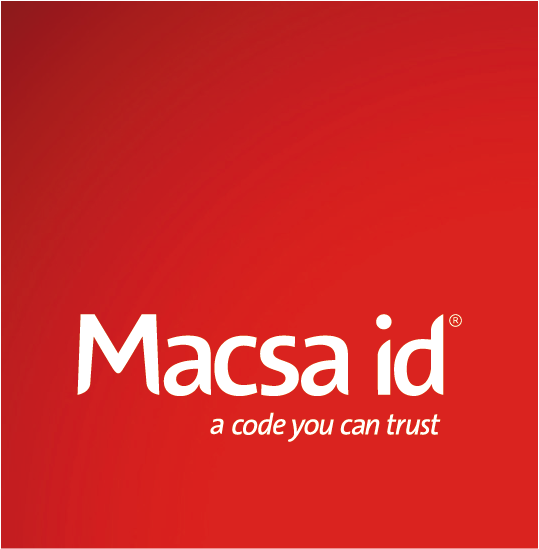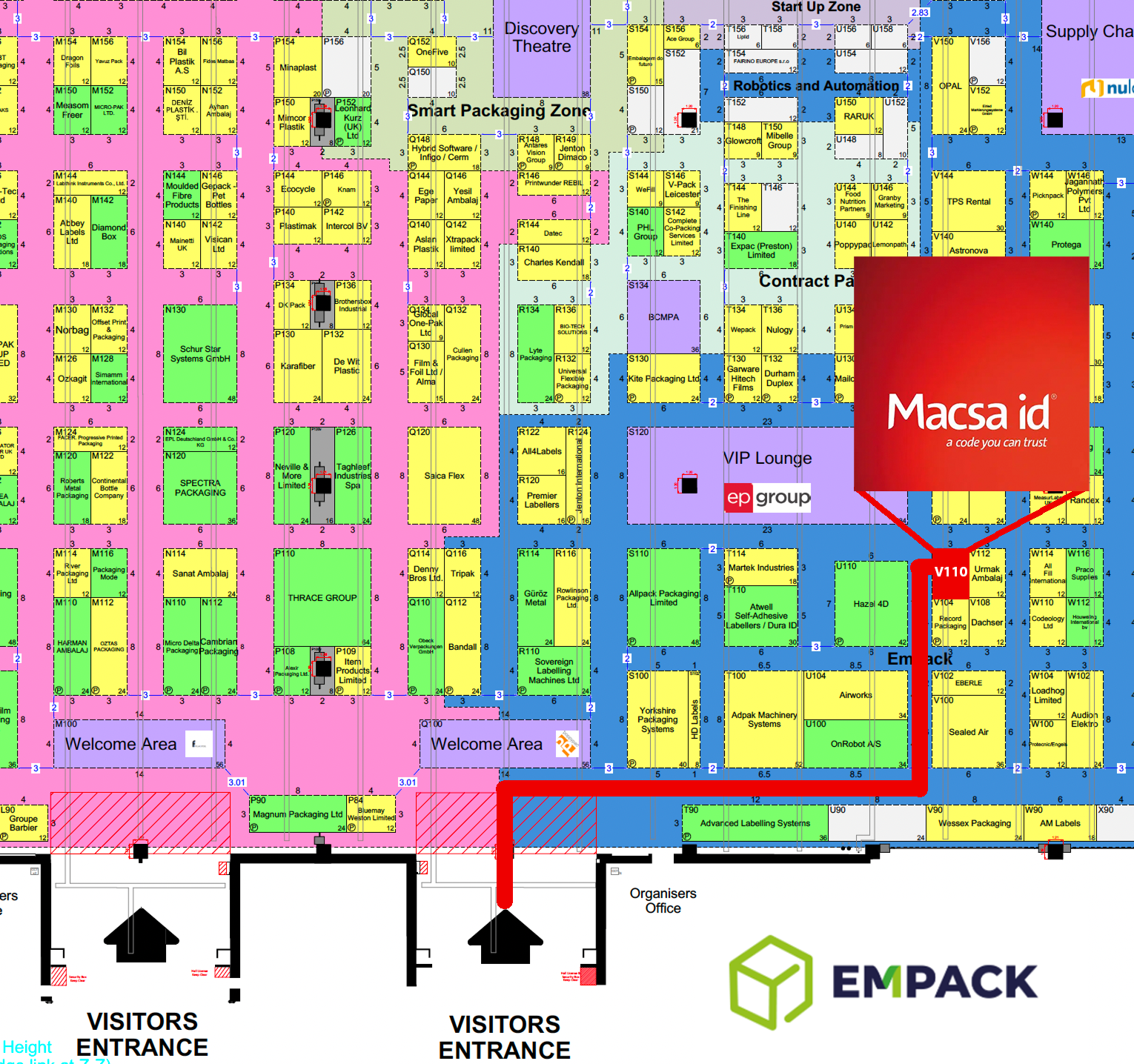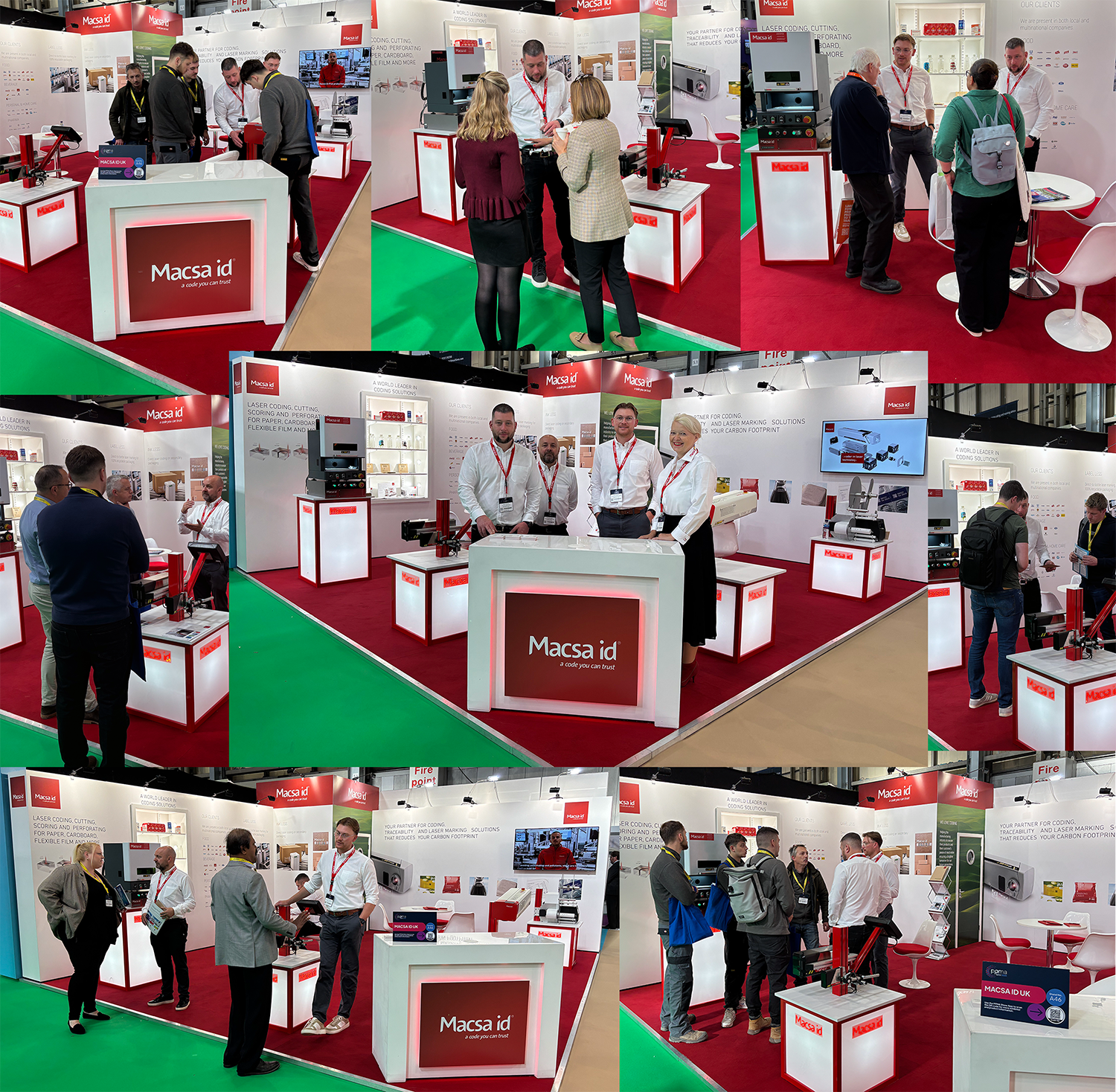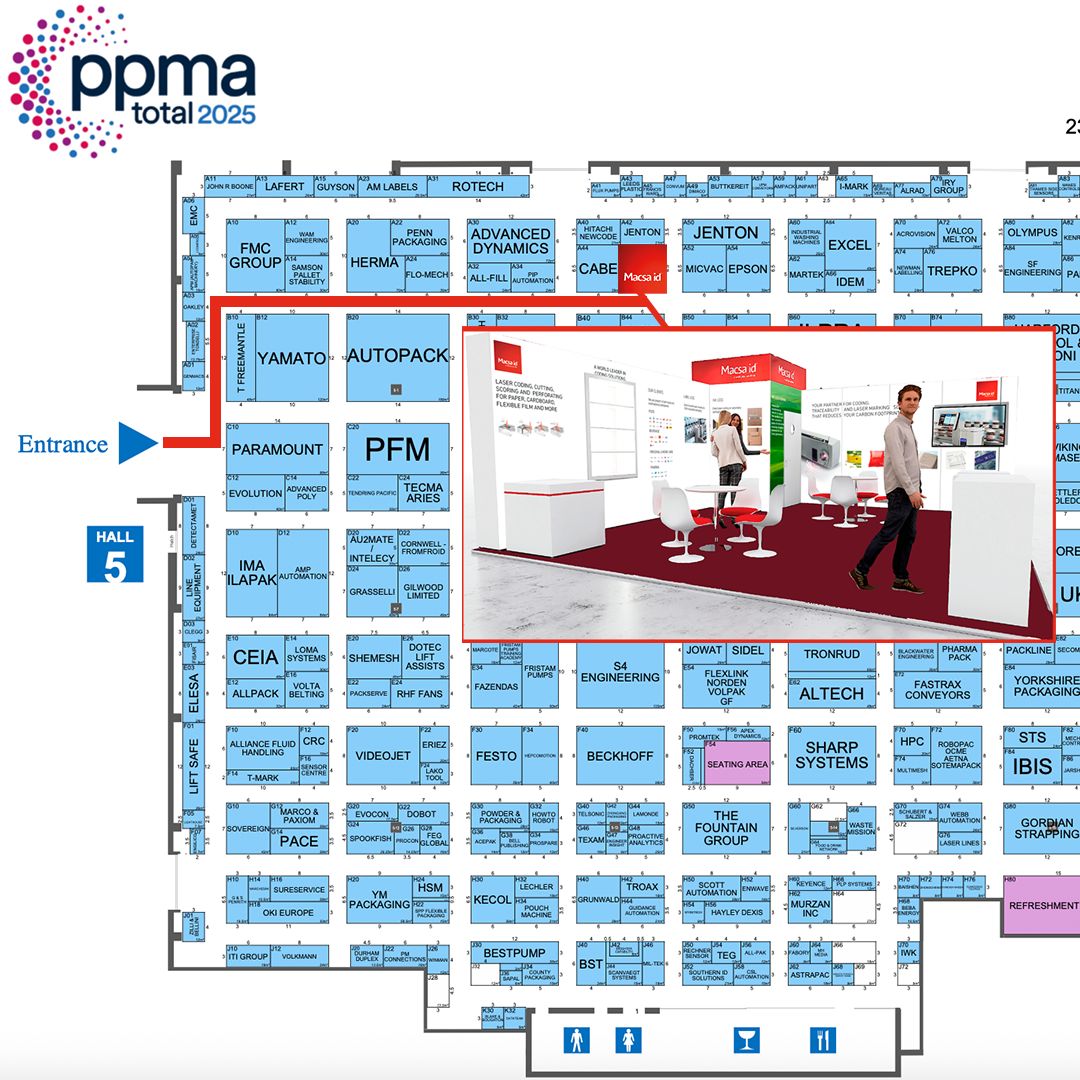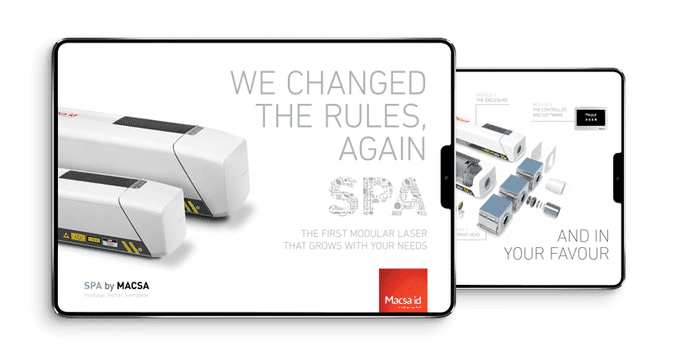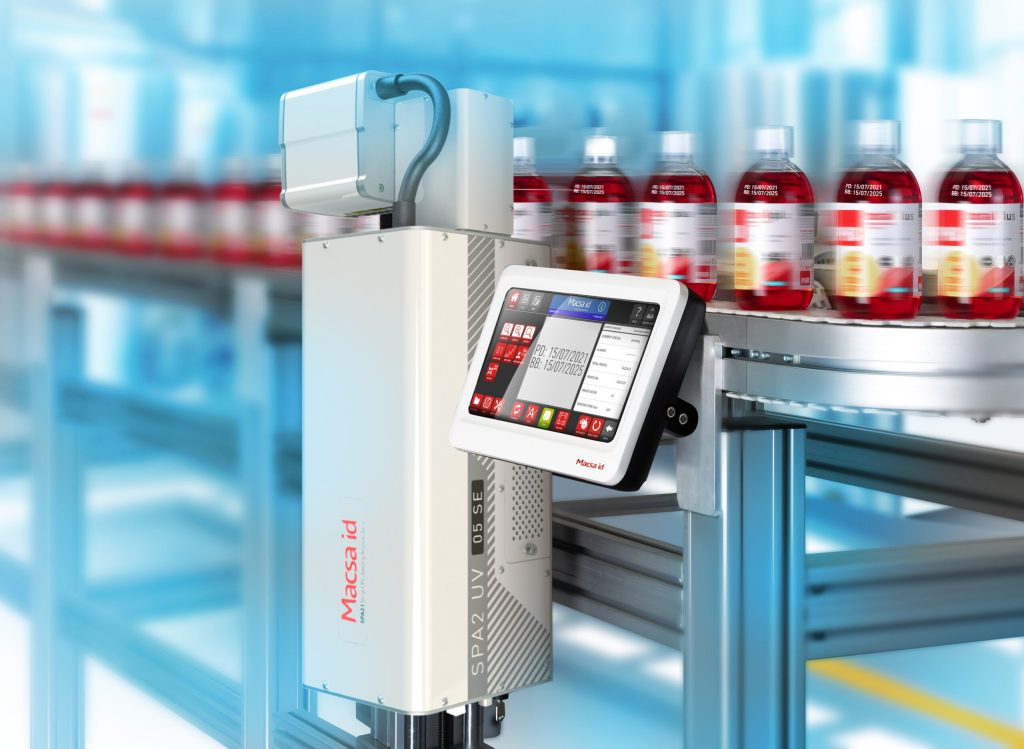Keeping food intact from packaging to consumption is a key requirement for precooked food trays. They must provide maximum food safety to consumers, in addition to preserving product freshness, quality and flavor.
The new trends implemented in recent years have led to continued growth worldwide in the the of convenience foods and precooked foods sector.
In Spain the precooked food market exceeded 3,000 million euros in 2019, according to a study by INFORMA’s DBK Sector Observatory, registering an upward trend in the following years, which has turned the convenience food sector into a challenge for the packaging industry.
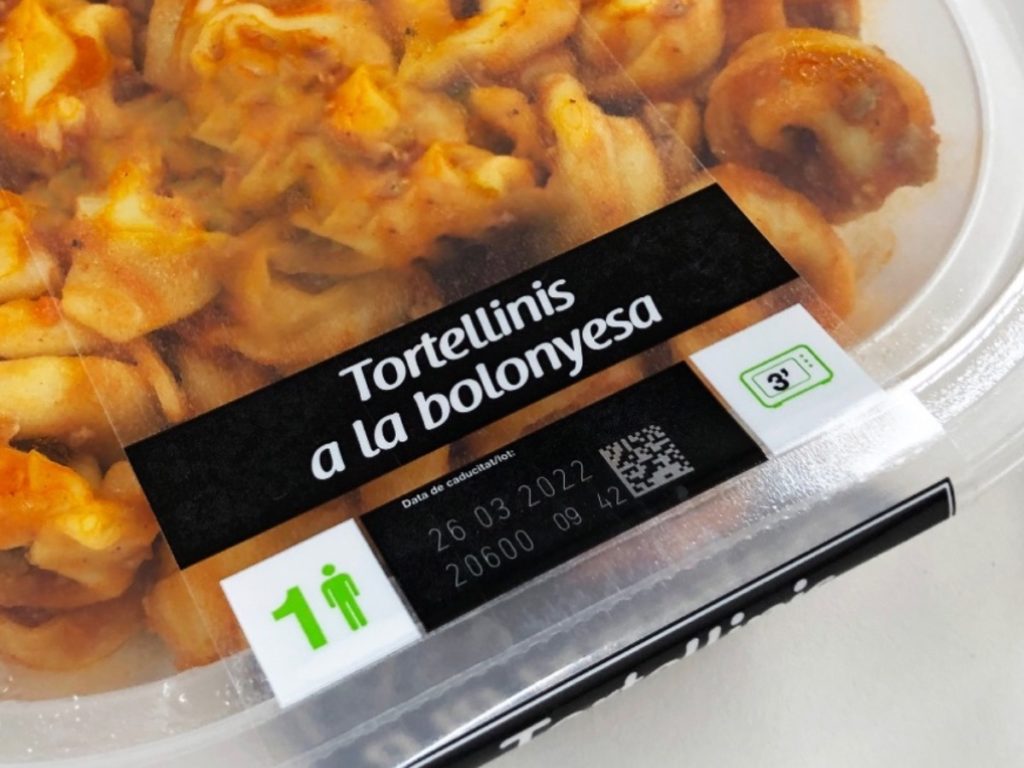
Labeling precooked food trays
Table of contents
1. New challenges, new solutions
2. The most versatile technological solutions
1. New challenges, new solutions
To meet the new challenges posed by precooked food tray labeling in the food sector, Macsa id has been able to contribute experience developed in recent years via various labeling projects for leading food companies. These have incorporated new convenience food lines in their factories for large national distribution chains, both own-brand and private label.
These labeling projects adapt to the specific needs of each customer, but they all share a common objective: guaranteeing the control, traceability and coding of their food products from the entry of raw materials to shipping the finished product.
Some of these solutions have been pioneers in the market, such as the wrap-around labeling system (also known as C-labeling) that works with transparent plastic seals, using special ultrasonic detection systems and ionization from static energy discharge devices.
This C-labeling system is one of the most widely implemented by Macsa id for marking precooked foods packaged in plastic trays.
The other main solution is the U-labeling system, promoted by retail chains seeking greater visibility of both label sides for the products on the shelf.
Essentially, the main difference between the C and U systems is that the latter is a longer label and therefore has a larger surface area for printing information. In addition, its position on the tray makes it look like a seal, even though it is not.
2. The most versatile technological solutions
All the solutions described above have been implemented thanks to the features of the range of High-Speed labelers, which can work 24/7, producing up to 55 trays per minute. Due to printing and labeling process automation, companies with this equipment achieve very high line performance.
In the implemented processes, the trays leave the production process, heading directly to the labeling machine’s infeed conveyor. Here the product is automatically aligned and oriented to be labeled. Next, an operator picks them up manually and deposits them in a reusable box.
The labeling machine adjusts automatically, according to the recipe entered: each reference has programmed parameters of width, length, height, label size, and so on, which are called from the item code for automatic adjustment.
Macsa id has the MLA series of high-speed labelers that can reach up to 100m/min. Depending on the model, they allow label application by rotary arm, blowing or mechanical peeling.
All these features have made the MLA range one of the most versatile labelers on the market. They have a compact, modular industrial design and are highly reliable, as well as being very resistant to adverse environments and harsh working conditions.
These high-speed labelers allow labels to be placed in any position on the product at different distances and adapt to the product surface. They have a large autonomy with a 300 mm label reel diameter that can be applied at a dispensing speed of up to 35 m/min.
The MLA range adapts to a multitude of industrial environments, as they have more than 250 applicator variants that allow you to choose the most suitable one depending on the requirements of the application.
Other outstanding features of this range are the following:
- The MLA dispenser complements any Macsa id applicator.
- The applicator changeover is very fast, by way of two connectors, selecting the model on the touch screen.
- The application speed is automatically synchronized with that of the conveyor belt.
3. Management software
The entire coding and marking process is supported by Macsa id’s Integra Optima software. This application allows the labeling processes to be automated and the content of the label to be changed when necessary. This drastically reduces the number of interventions and thus the possibility of human error.
This application integrates with most ERPs and provides real-time information from the customer’s various production lines.
4. Why Macsa id?
Our company’s collaboration with the food industry has made the development of customized technology possible, which is capable of increasing the production. This boosts growth while maintaining quality and food safety characteristics.
Our company has been able to implement important labeling and traceability projects in this sector, beating the solutions offered by its competitors, thanks to the following key factors:
- The capacity for innovation.
- Comprehensive national manufacture solutions.
- Efficient, flexible and cheap after-sales service.
- Increased productivity.
- Cost savings.
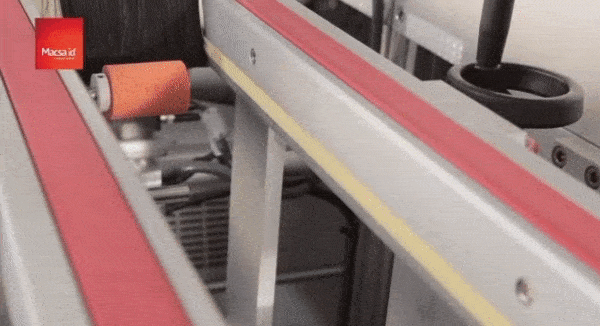
If you are looking for the best laser solution, do not hesitate to contact us:
